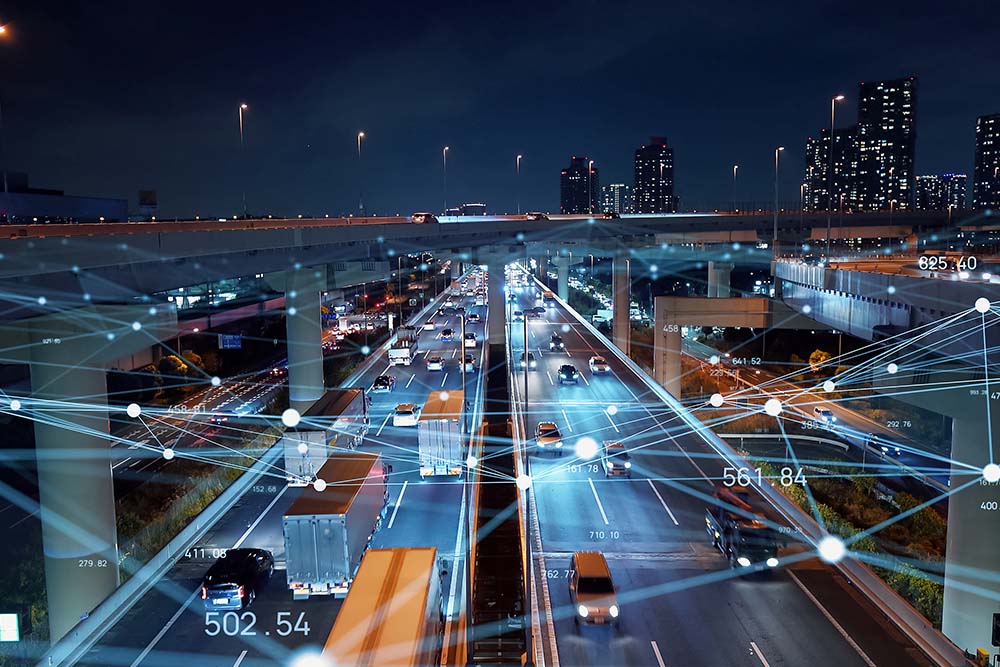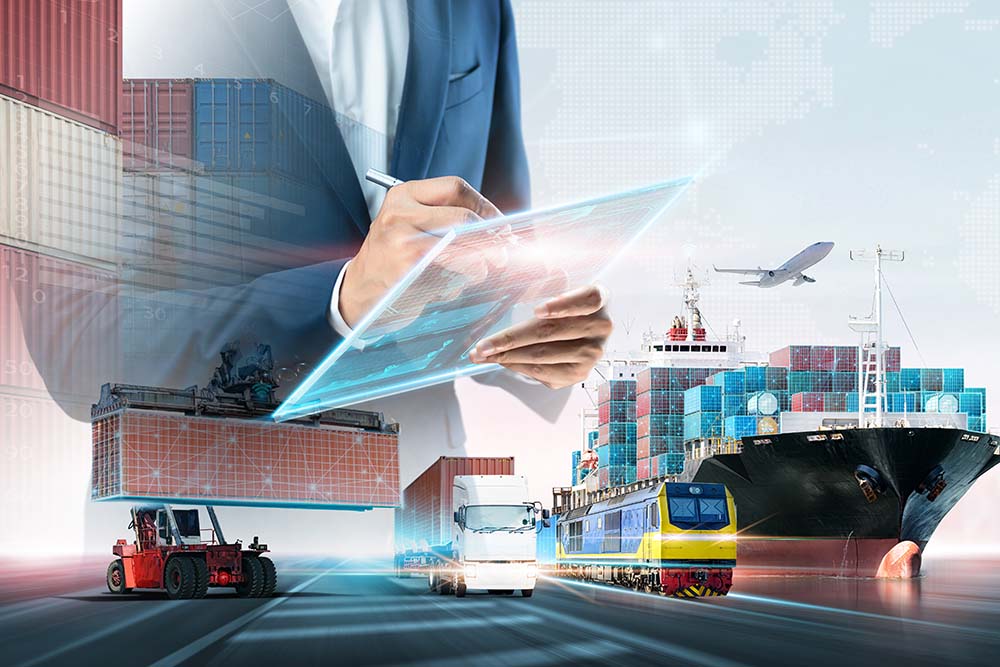What the Autumn Budget means for the logistics sector
04 Nov 24
Read more →

For years, the logistics sector has understood the importance of artificial intelligence (AI) and natural language processing (NLP) in streamlining the supply chain management processes. In this week’s blog, we’re exploring the current and future fields of potential application.
Before we delve into the discussion regarding artificial intelligence’s role in assisting the logistics sector, let’s see how ChatGPT “personally” reflects on its ability to add value to businesses. We asked Open AI’s chatbot the following question: “How can ChatGPT support companies in logistics?”
Despite its lack of humility, the chatbot’s suggestions weren’t as groundbreaking as one may have initially presumed. Starting the statement with the bold claim that it can “support companies in logistics in a variety of ways”, ChatGPT asserted that it can improve performance, increase customer satisfaction and reduce costs.
ChatGPT indicates that it is able to automate manual and time-consuming processes, forecast delivery times of shipments with the help of data analysis and machine learning, process customer inquiries and complaints automatically, analyse large amounts of data to make better decisions and train and support employees.
Despite the software’s “sales pitch” of its ability to meet many relevant needs – other AI-supported solutions have been aiding the logistics sector with similar services for years. The scope for applications like ChatGPT will be vast – however, the technology is still very young, hence why businesses should look further afield for software designed specifically for their industry.

One thing is certain – AI has come a long way from being a niche computer science topic. From the pages of science fiction – to a standard industry practice, AI is now enabling computers to analyse problems, provide solutions, make predictions, and even make independent decisions.
Outside of ChatGPT, there are huge opportunities for the logistics industry to increase efficiency with AI. The automation in the best transport management systems (TMS) currently empower businesses by providing instant access to accurate information, streamlined communications and comprehensive insights into logistical operations. Using a TMS, logistics companies can improve performance, increase customer satisfaction, and reduce costs.
The extent to which certain AI applications are employed varies significantly from one company to another. Some areas that the technology currently excels in include:
1. Fault analysis and early anomaly detection: The use of AI can quickly identify errors in processes, enabling timely corrections to be made before they cause disruptions to the supply chain.
2. Inventory audit and replenishment planning: AI can predict the quantity of goods required based on incoming orders, thereby minimising delivery bottlenecks and reducing storage costs.
3. Route optimisation: AI-powered solutions provide flexible routing options, allowing anything from route optimisation of a single driver, to routing and scheduling all of your consignments across your entire fleet at once.

Although many of the more extravagant predictions associated with AI may take years to become a reality – many have already become routine in the logistics industry. For years, AI-optimised processes like data analysis, supply chain surveillance, or route allocation have become commonplace industry jargon. Nevertheless, many businesses still fail to realise the technology’s full potential.
Businesses often feel as though they lack the expertise or time resources to fully reap the benefits of a digitised operation. Others simply feel as though their IT infrastructure is inadequate to implement an advanced software solution. Fortunately, with the accessibility of the latest technology – there is no longer an excuse not to deploy a transport management system.
With a cloud-based TMS, you no longer need expensive servers or high-spec computers. The best providers will securely store your data, which is accessible from any internet browser – whenever or wherever.
As AI slowly dominates the sector, the future of procurement and logistics is one of dramatic change, with a shift to a new data-driven strategic focus and automation of routine. At TrackTrans, it’s our goal to make the power of automation accessible to businesses of all sizes. Our data-driven software solution is able to calculate a highly accurate plan customised to your operation – thus driving your business streets ahead of the competition.
Embrace the future today by trying TrackTrans’ free demo.
See how TrackTrans can be tailored to your business with no obligation. Simply complete the form and a member of our sales team will contact your directly.